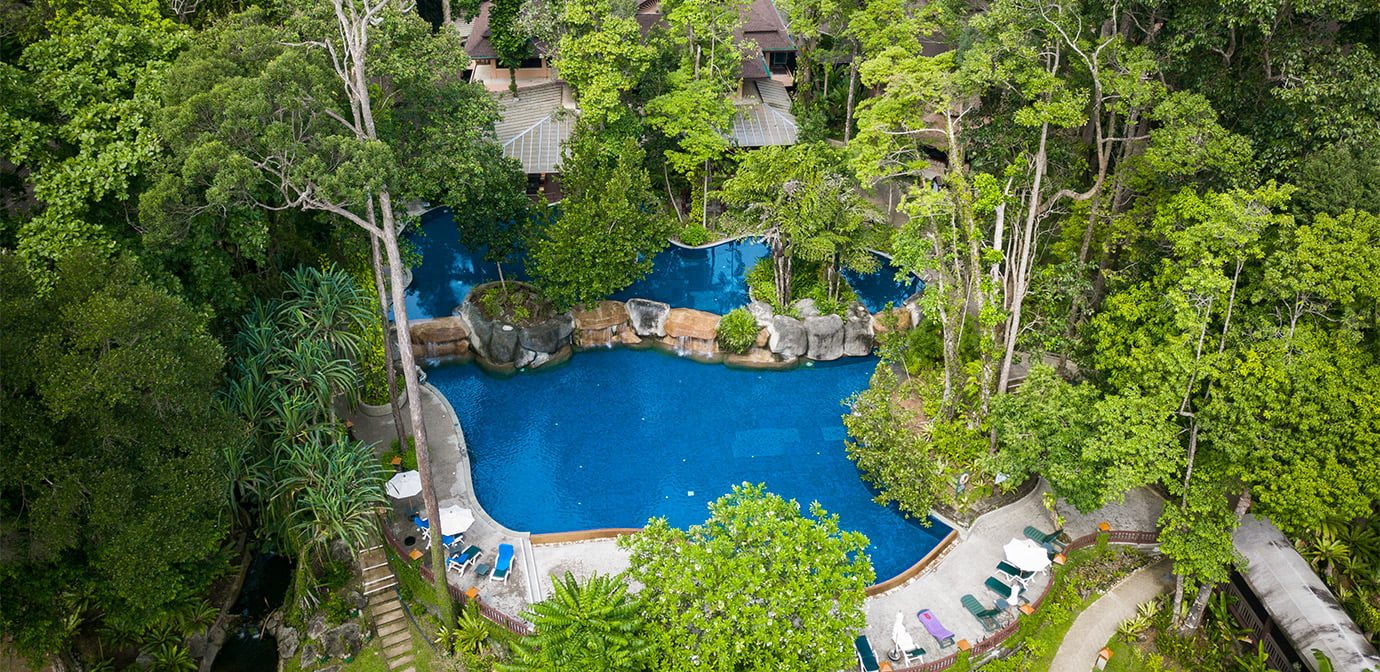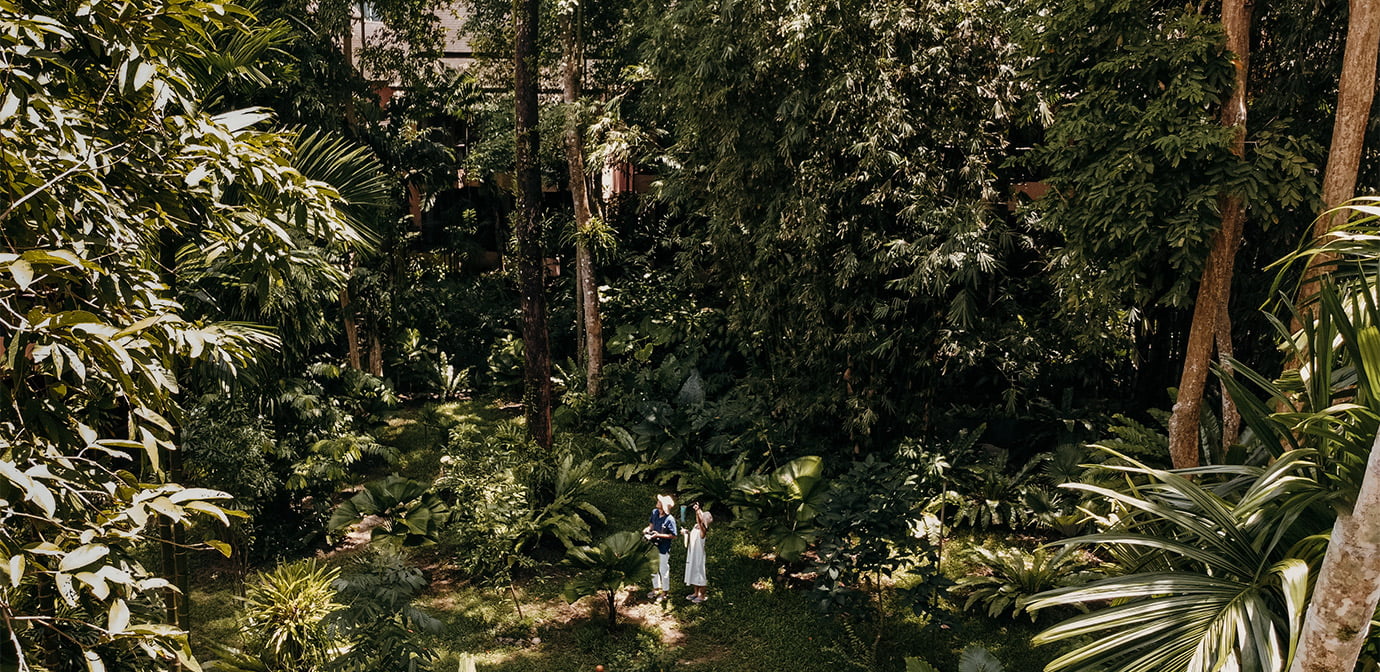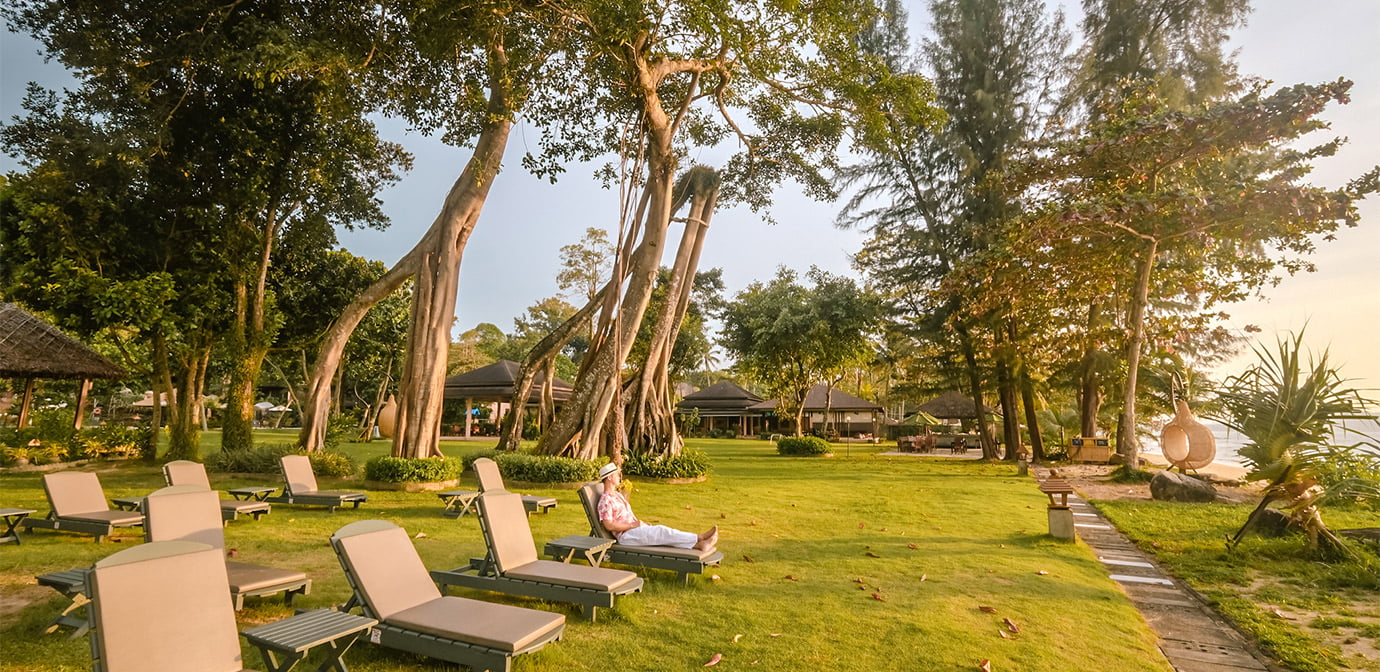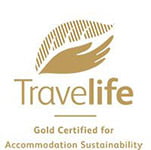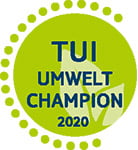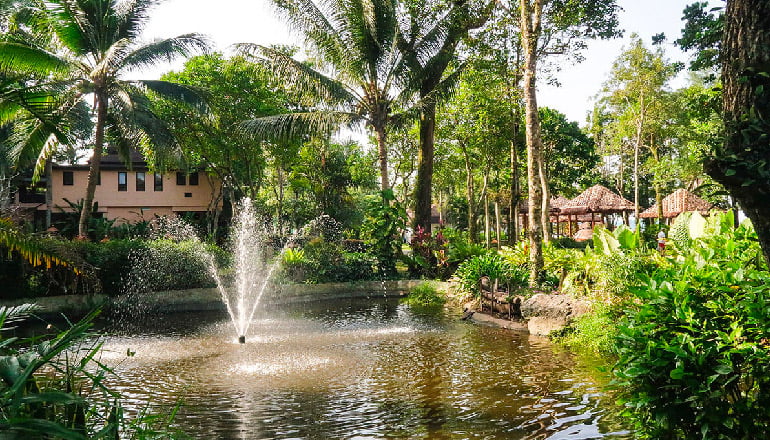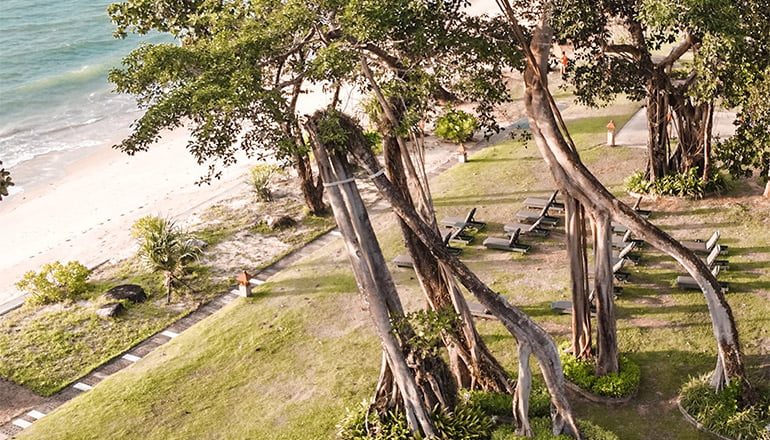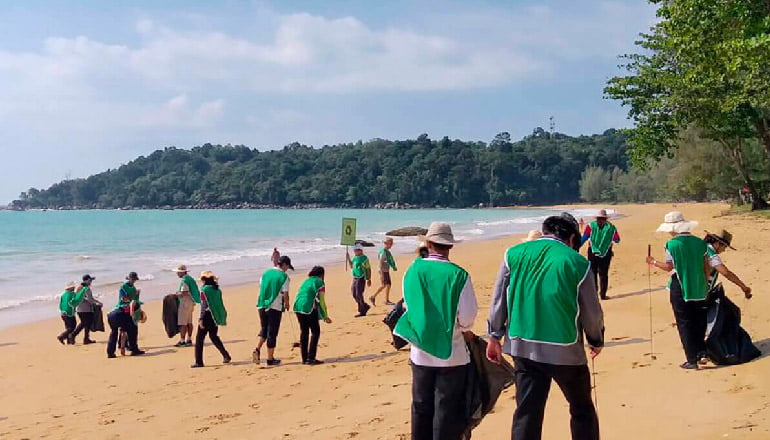Sustainability
GREEN HOTEL IN PHANG NGA
We strive to be the leading eco-resort in Thailand, with a range of sustainable practices, from promoting biodiversity to disposing of waste responsibly. Our Khao Lak hotel has implemented eco-friendly approaches from the very beginning. We have our own wastewater treatment system that uses purely organic filtration methods and reuses the treated water to irrigate our garden and fill the resort’s streams. We reduce energy consumption and minimise pollution through reducing, reusing and recycling solid waste. We also work with multiple organisations to preserve the wildlife and trees on our property. Because of our numerous efforts to minimise environmental impact, we received the Travelife Gold certification for accommodation and won the Responsible Thailand Award in 2020 for Best Hotel.
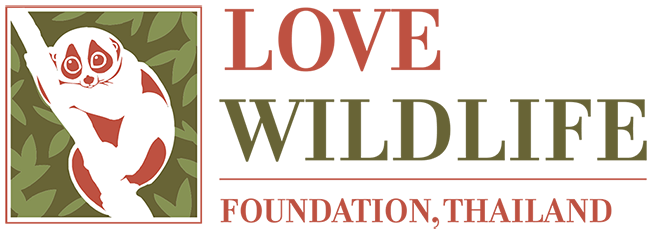
Wildlife Conservation
We have a partnership with a non-profit conservation foundation called Love Wildlife to help preserve local wildlife. Our main project is the conservation of slow lorises. With many local trees native to Pha Nga and Southern Thailand, our sustainable hotel property is a perfect habitat for them. We provide an environment that supports their natural diet and help Love Wildlife collect data about their behaviour, which is used to inform new research on these shy animals.
Love Wildlife also performs a regular wildlife survey in the resort that has found over 150 species, including hanging parrots, flying lizards and owls. This information is shared with guests via in-room booklets and wildlife information signs scattered around the garden. We believe that wildlife education is an important part of conservation. This is why our Khao Lak hotel offers sustainable beachfront accommodation and provides unique ways for visitors to learn about and connect with the local environment during their stay.
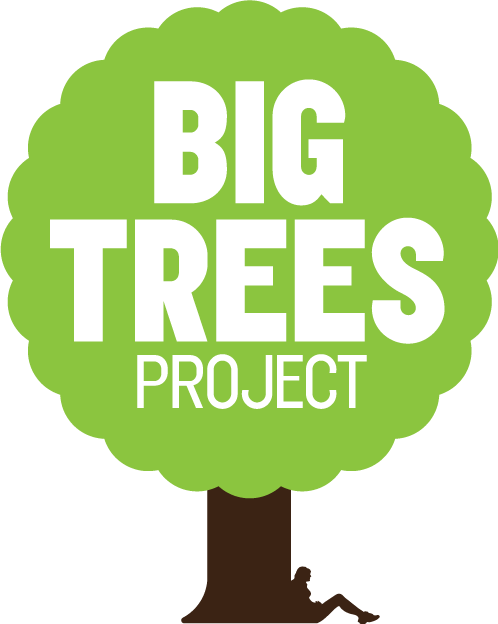
TAKING CARE OF ANCIENT TREES
We preserved most of the original trees during the construction of the resort, and half of the hotel’s 30 rai in Phang Nga is covered with greenery. We have a total of 276 trees, many of which are decades old. Some of these towering trees are estimated to be over 100 years old.
We are partnered with Big Trees Project to help take care of the trees in our garden. Their team of professional arborists trained our gardeners to maintain tall, ancient trees with ropes and pulleys, ensuring safety for both our trees and our people. They also helped us compile a database of tree species and calculate their carbon value. They found that our trees have stored over 76 tons of carbon over the years!
Water Conservation
Water is the most important resource in the rainforest. All our wastewater undergoes an extensive treatment process using purely organic filtration and cleansing systems. The treated water is reused to irrigate the plants and fill the streams on the property. Our huge garden helps make our resort sustainable by allowing us to reuse water, saving many gallons of wastewater and reducing our impact on the Phang Nga environment.
Our purified water is so clean that many species of freshwater fish flourish in our charming canals. This is important because when the water runs off from the soil to the sea, we can be sure it is free of chemicals and won’t cause any ocean contamination.
Waste Management
We minimise pollution through reducing, reusing and recycling solid waste. Our landfill waste is separated into types and kept in a trash sorting area, where local waste management companies can collect and recycle it, lowering the environmental impact. For organic waste, we either send it to become pig feed on local farms or use it as organic matter in our own compost pits. The nutrient-rich compost is then used to fertilise our garden.
Plastic waste is a big problem because it takes a long time to decompose. We take active steps to reduce our plastic waste by choosing alternative materials, such as biodegradable paper straws, and reducing single-use containers. We also give out cloth bags to our staff and encourage them to be mindful of the impact of plastic bags.
Local Community
Khaolak Merlin Resort’s commitment to being a sustainable hotel means more than just supporting local ecosystems. It also includes a dedication to cooperating with and supporting local communities, especially in the nearby Thai Mueang district. We set employment targets to ensure we provide jobs for the people in the area. We also create volunteering activities, such as trash pick-up rallies and local temple cleaning days, to help care for local resources, and maintain a close relationship with the community. We also purchase goods and services from local suppliers and make regular donations to local environmental and humanitarian charities and encourage our guests to support them too.
